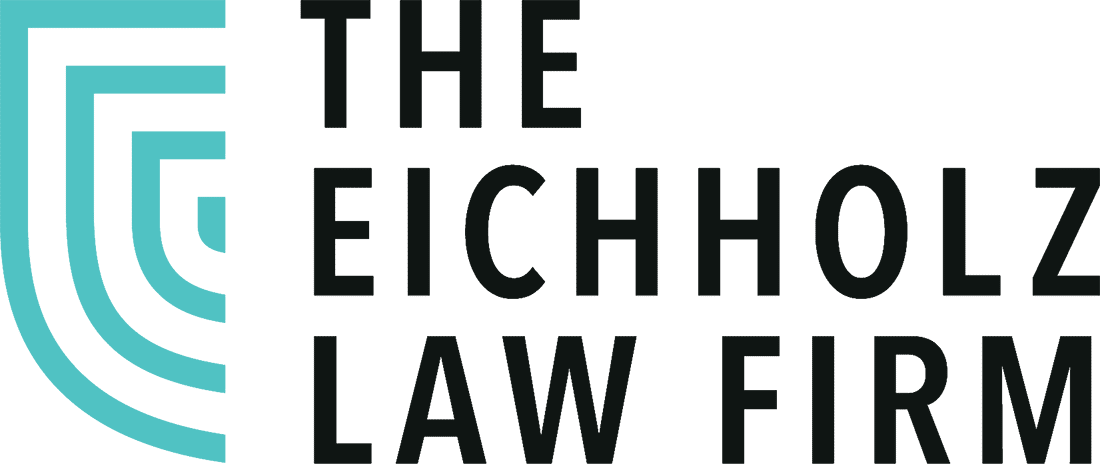When a personal injury claimant experiences severe and abnormal grief or emotional stress because of their injury or the events that caused it, that person may be inflicted with nervous shock, and the negligent party may be liable for damages related to the condition.
More commonly referenced in English law, nervous shock describes a psychiatric illness or injury inflicted on a person through negligence, or through an intentional act. The degree of disturbance the claimant experiences should amount to a mental illness injury— such as reactive depression or anxiety neurosis— in order for the nervous shock claim to be valid.
Intentional vs. Negligent Nervous Shock
An intentionally inflicted case of nervous shock would require a person to cause emotional distress to another individual with no good reason and knowing the outcome would result in an acute emotional reaction in the other individual. An example of this case might be a practical joke that traumatizes the person who the joke is being played on.
A claim of negligent nervous shock must prove that negligence did take place and that another person’s recklessness or lack of action caused an acute emotional response in the victim. In order to prove negligence, it must be shown that:
- There is a causal link between the inaction and the result of the victim’s injury
- A duty of care existed which was breached by the individual who caused the injury
- The breach of that care directly resulted in the victim’s injury
Under these two headings the victims of nervous shock can be broken down into primary or secondary victims, which can sometimes affect the outcome of the claim. Primary victims have generally experienced more severe emotional trauma from their experience.
Primary and Secondary Nervous Shock Victims
Primary victims are physically injured in addition to having an acute emotional reaction to the even that harmed them. Examples of primary nervous shock victims could be seen in first responders like police officers, firefighters, or others who are exposed to physical danger.
Secondary nervous shock victims are not physically exposed to danger but who experience a severe and intense emotional reaction to a traumatizing event. Witnessing a violent car wreck, or the wrongful death of a loved one caused by another’s negligence would qualify an individual as a secondary nervous shock victim.
Symptoms and Signs of Mental Shock
Each individual’s reaction to an event that prompts nervous shock will be different, and the signs and symptoms may manifest themselves mentally, physically, or both, in most cases.
Some of the most commonly observed warning signs and symptoms of nervous shock are:
- Anxiety
- Confusion
- Denial or disbelief, initially
- Depression
- Difficulty concentrating
- Disconnected feeling
- Extreme irritability
- Fatigue
- Fear
- Guilt
- Insomnia or nightmares
- Isolation or withdrawal from others
- Mood swings
- Muscle tension
- Self-blame
- Shame
- …among others.
It is crucial to pay attention to the emotions and behaviors of an individual who has just experienced severe trauma to be able to monitor any changes and treat them appropriately. If a severe case of nervous shock develops it will be critical to give the victim the treatment they need to keep them stable and to help them when they need it most.

